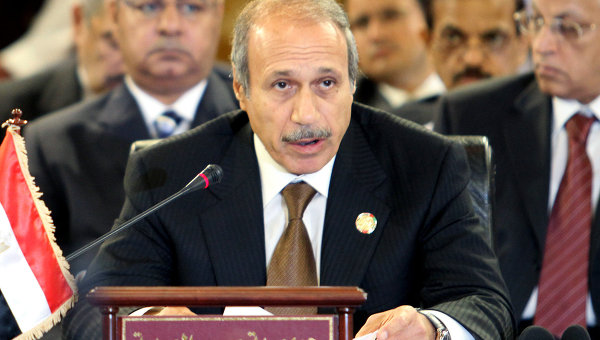India’s public health response to the coronavirus pandemic (COVID-19) has been proactive, the country’s ambassador to Egypt, Rahul Kulshreshth, said.
The ambassador added that the Indian government launched a $22bn package to mitigate the hardships being faced by the poor and disadvantaged.
India has been able to limit the number of deaths to less than 200 in the 10 weeks since the first coronavirus case was detected, Kulshreshth said. He also said that a nation-wide effort to ensure hospitals are prepared to receive victims is underway in India to ensure enough beds are available.
A special $2bn government stimulus was allocated to healthcare infrastructure to fight the pandemic, he said. The ambassador added that 508 dedicated coronavirus hospitals and 5,110 additional health facilities are ready, with a total of 196,110 isolation beds.
India’s Ministry of External Affairs has created a coronavirus cell which is coordinating evacuations for returning Indians and stranded expats on a huge scale, Kulshreshth said. He noted that India has put in place a pandemic response that is historic in its ambition and complexity.
Central, state and district governments are coordinating the massive, he said, with the decisive Indian response initiated much before the World Health Organisation (WHO) declared the coronavirus to be a “Public Health Emergency of International Concern”. The WHO made the declaration on 30 January, before the first confirmed positive case was reported in India, on the same day
“This was a day before Italy saw its first case on 31 January. By that time, surveillance and screening of passengers had commenced, Indian states had been alerted and the crisis management system was operating at full speed,” he mentioned.
These timely and strategically well placed measures have resulted in curbing the coronavirus’ effects in India and kept its reported cases much lower than the global incidence rate, he noted.
India has reported a total of 9,152 coronavirus cases, 857 of which recovered, and 308 deaths.


